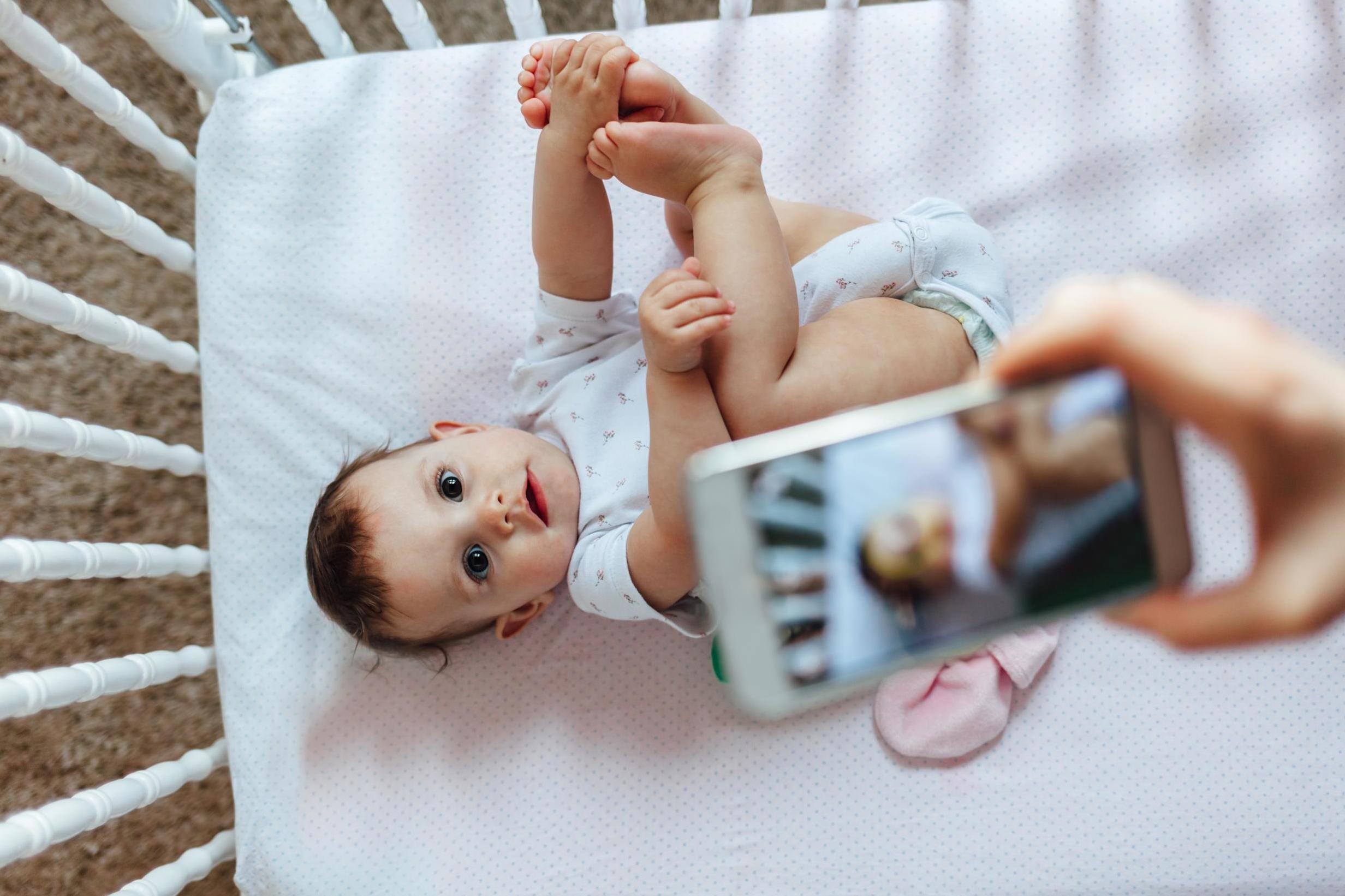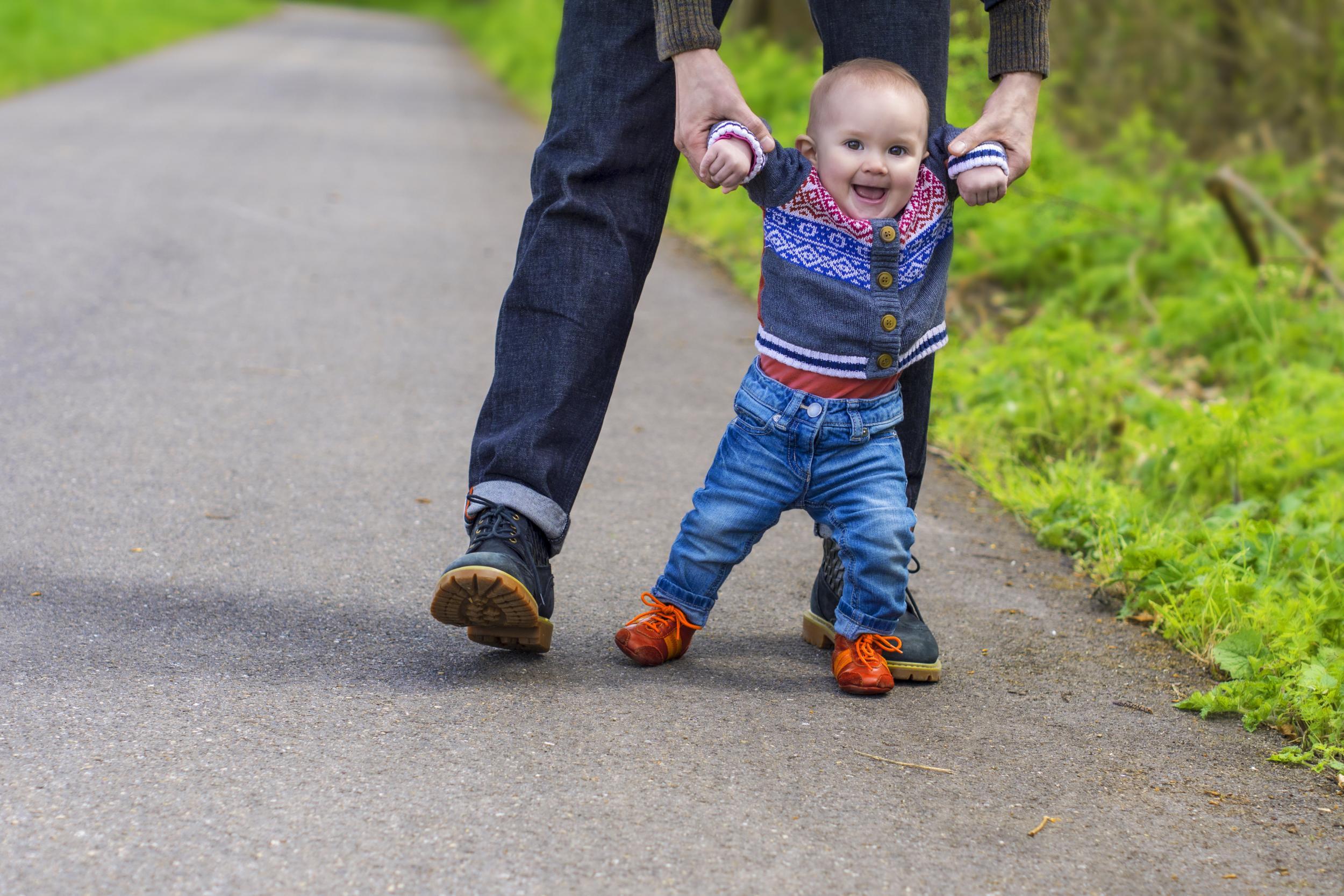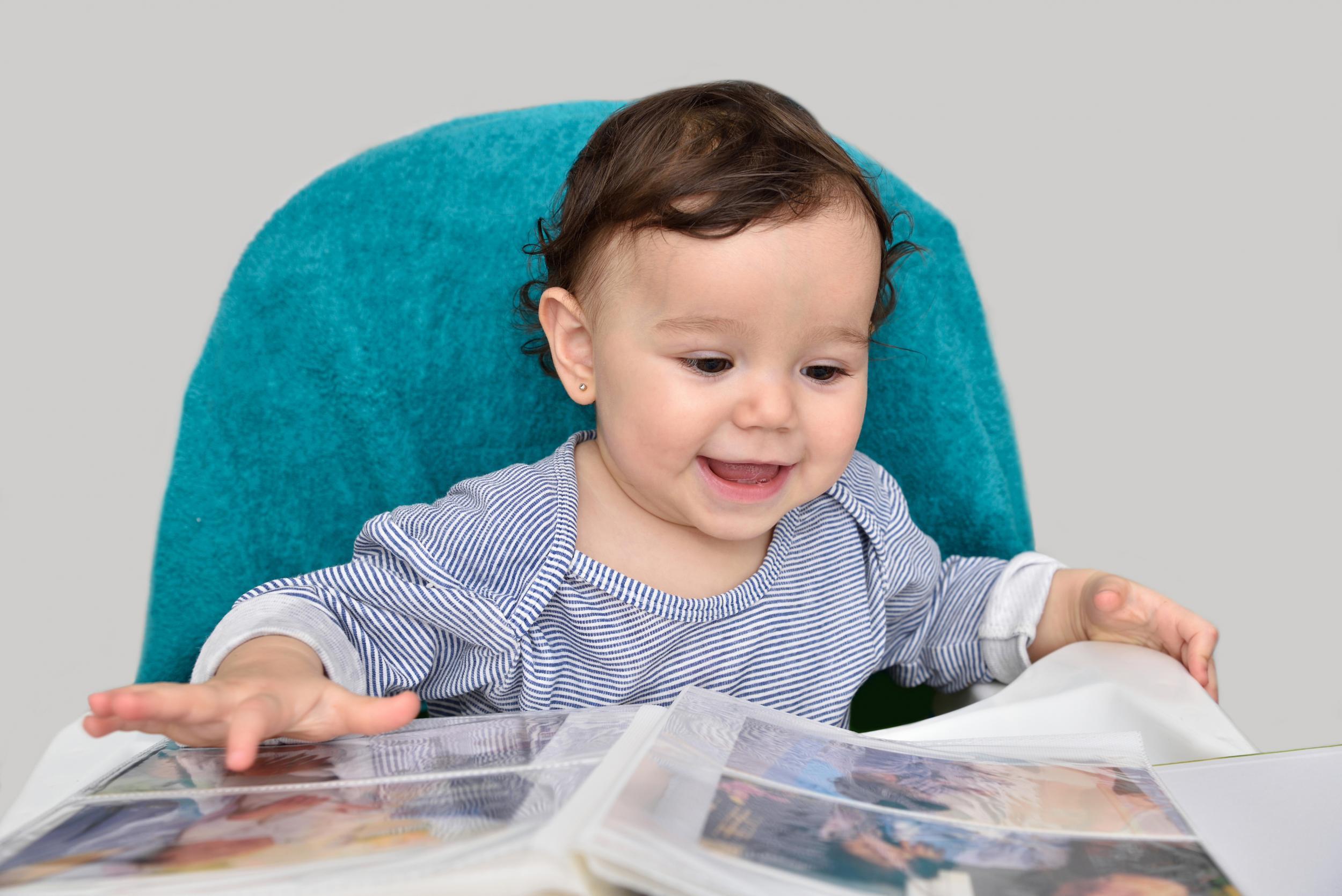Childhood memories before the age of three are fictional, according to researchers
Any memories before the age of three are likely the result of pictures, stories or later memory fragments

Your support helps us to tell the story
From reproductive rights to climate change to Big Tech, The Independent is on the ground when the story is developing. Whether it's investigating the financials of Elon Musk's pro-Trump PAC or producing our latest documentary, 'The A Word', which shines a light on the American women fighting for reproductive rights, we know how important it is to parse out the facts from the messaging.
At such a critical moment in US history, we need reporters on the ground. Your donation allows us to keep sending journalists to speak to both sides of the story.
The Independent is trusted by Americans across the entire political spectrum. And unlike many other quality news outlets, we choose not to lock Americans out of our reporting and analysis with paywalls. We believe quality journalism should be available to everyone, paid for by those who can afford it.
Your support makes all the difference.Any memories you may have of taking your first steps or your first words are likely fictional, according to a new study.
In the largest survey on the subject of first memories, researchers have concluded it is improbable that humans remember anything before three-and-a-half years of age.
The study, published in the Psychological Science Journal, found 40 per cent of people’s first memories are fictional - as they claim to remember events that occurred at the age of two or earlier.
These early memories “related to infancy” - many revolving around prams - are often the result of memory mixed with imagination.
Professor Martin Conway, co-author of the study said: “This type of memory could have resulted from someone saying something like ‘mother had a large green pram.’
“The person then imagines what it would have looked like.”
Rather than actually remembering being pushed in a coloured pram, fragments from memories of later years are blended to form the fictional memory.
Researchers also concluded five or six is the age when people begin to form "adult-like memories," although memories at three years of age are considered realistic.

To study childhood memory, the researchers asked 6,641 people to recall their very first memory and confirm that it “wasn’t related to a family story or photograph,” according to Conway - as false memories are often the result of seeing photographs or hearing stories of one’s childhood.
The study revealed 2,487 of respondents' memories claimed to be from two years and younger, with 893 dating to one year and younger - which the researchers believe is impossible due to the way the brain develops.

As for why we form these false memories, study author Dr Shazia Akhtar said: “We suggest that what a rememberer has in mind when recalling fictional improbably early memories is an episodic-memory-like mental representation consisting of remembered fragments of early experience and some facts or knowledge about their own infancy/childhood.”
Although we may think we recall something from our earliest years, researchers have concluded the memories are fictional until at least the age of three.
Join our commenting forum
Join thought-provoking conversations, follow other Independent readers and see their replies
Comments